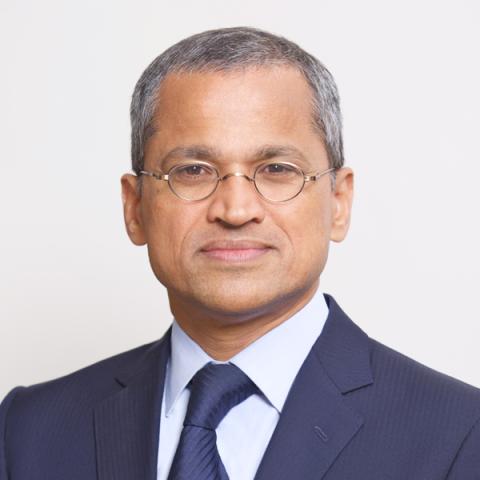Overview
Open-ended Working Group on security of and in the use of information and communications technologies
On 31 December 2020, the General Assembly adopted resolution 75/240 establishing an Open-ended Working Group on security of and in the use of information and communications technologies 2021–2025. The Open-ended Working Group will meet for 11 substantive sessions in New York.
Background
In 2020, the General Assembly through resolution 75/240, established a new five-year open-ended working group on security of and in the use of information and communications technologies 2021–2025. The group is mandated to further develop the rules, norms and principles of responsible behaviour of States; to consider initiatives of States aimed at ensuring security in the use of information and communications technologies; to establish, under the auspices of the United Nations, regular institutional dialogue with the broad participation of States; to continue to study, with a view to promoting common understandings, existing and potential threats in the sphere of information security, inter alia, data security, and possible cooperative measures to prevent and counter such threats, and how international law applies to the use of information and communications technologies by States, as well as confidence-building measures and capacity-building.
Officers
The Chair of the OEWG is H.E. Mr. Burhan Gafoor, Ambassador and Permanent Representative of Singapore to the United Nations in New York.

Secretariat
Office for Disarmament Affairs, Ms. Katherine Prizeman
Department for General Assembly and Conference Management, Mr. Alexander Lomaia
Information for Participants
The Open-Ended Working Group has reached agreement to apply the modalities for participation of non-governmental entities (stakeholders) as set out in the Chair's proposal contained in his letter of 22 April 2022.
Agreed modalities for the participation of stakeholders
Member States of the OEWG are committed to engaging with stakeholders in a systematic, sustained, and substantive manner.
Relevant non-governmental organizations in consultative status with the Economic and Social Council in accordance with resolution 1996/31 would inform the Secretariat of the OEWG of their interest to participate in the work of the OEWG.
Other interested non-governmental organizations relevant and competent to the scope and purpose of the OEWG should also inform the Secretariat of their interest in participating by submitting information on the organization’s purpose, programmes and activities in areas relevant to the scope of the OEWG. These organizations would accordingly be invited to participate, on a non-objection basis, as observers in the formal sessions of the OEWG.
Accredited stakeholders will be able to attend formal meetings of the OEWG, make oral statements during a dedicated stakeholder session, and submit written inputs to be posted on the webpage of the OEWG.
Encourage Member States to utilize the non-objection mechanism judiciously, bearing in mind the spirit of inclusivity.
Where there is an objection to a non-governmental organization, the objecting Member State will make known its objection to the Chair of the OEWG and, on a voluntary basis, make known to the Chair of the OEWG the general basis of its objections. The Chair will share any information received with any Member State upon its request.
The Chair of the OEWG will organize informal consultative meetings with stakeholders during the inter-sessional period, building on the practice of the previous OEWG.
The OEWG is an inter-governmental process in which negotiation and decision making are exclusive prerogatives of Member States.
The modalities for this OEWG shall in no way create a precedent for any other UN process.
************************